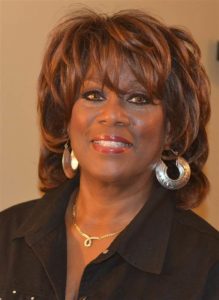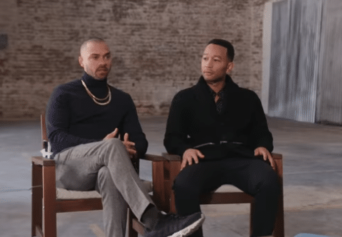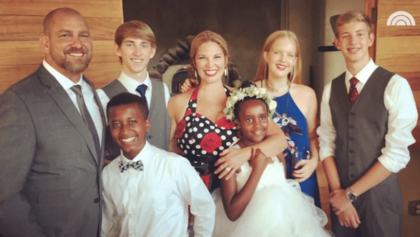
Photo via Casey Grant
Former flight attendant Casey Grant shared the trials and tribulations of being one of the first Black flight attendants in the country in a recent interview with NBC Black.
The now-retired Grant discussed her 35-year career with Atlanta-based Delta Air Lines. She started working for the company in 1971 as the civil rights movement was winding down. She was one of the first Black women to be a flight attendant for a major airline.
Grant also discussed her latest book, which dives into the rich and rarely talked about history of Black flight attendants.
“Stars in the Sky: Stories of the First African American Flight Attendants,” published last year, features the history of Black women who infiltrated the white-dominated industry of female flight attendants, the racism they faced, and the ways they overcame it. She wrote about the first Black woman to work for Delta, Patrice Grace Murphy, the first Black man to work at Delta, Eugene Harmond, and the life of a flight attendant.
Last year, Grant went on a nationwide tour to promote her book. On a stop in Cleveland, she spoke to the International Women’s Air & Space Museum, where she signed books for fans and shared that her presence as a flight attendant was met with mixed results.

Cover of “Stars in the Sky”
Grant revealed that Delta was “very supportive and protective,” and that the majority of passengers treated her with respect in her first few years.
“There were those who weren’t happy to see you,” Grant said last year in October. “They would not look at you, they would not even acknowledge you if you asked them something. They’d just turn their head.”
According to The Cleveland Plain Dealer, pilots were not always welcoming. One time a pilot said he did not want her in his cockpit.
“It was degrading, very degrading,” Grant said. “But if you wanted to do this job, you were going to do this job, and move on. There are ignorant people all over, but YOU don’t have to be one. So we walked with pride, did the job and handled ourselves in a professional way.”
In her interview with NBC Black, Grant went into more detail about the incident and not being able to walk into the cockpit:
“We alerted all the others [Black flight attendants] should they have to fly with him. The white flight attendants would have to [serve him], because he made it clear that we were forbidden to step foot in the cockpit.”
This is only one aspect of racism and prejudice she and her colleagues experienced. There were also instances where white flight attendants would not shower after Black flight attendants if they shared a room.
“For example, in the early years [flight attendants] shared [hotel] rooms. If you roomed with a white flight attendant she would always take her shower first; if she didn’t take one first, she didn’t take a shower at all.”
Even though there was widespread prejudice, Grant said she enjoyed her job and talked about how life as a flight attendant had a glamorous side. As she reminisced about her career, grant spoke about the perks of the job which included meeting celebrities such as Michael Jordan, Duke Ellington, Maya Angelou and others. Grant and many other flight attendants benefited from their status because “you would get front row seats to the shows and didn’t have to pay anything,” she said.
Her book is currently available in all public school libraries in Albany, Georgia, and the author is also working to get the book into Chicago Public Schools libraries.


